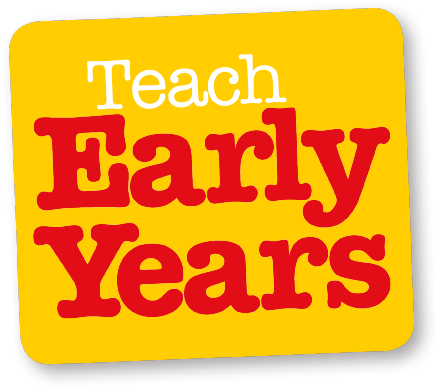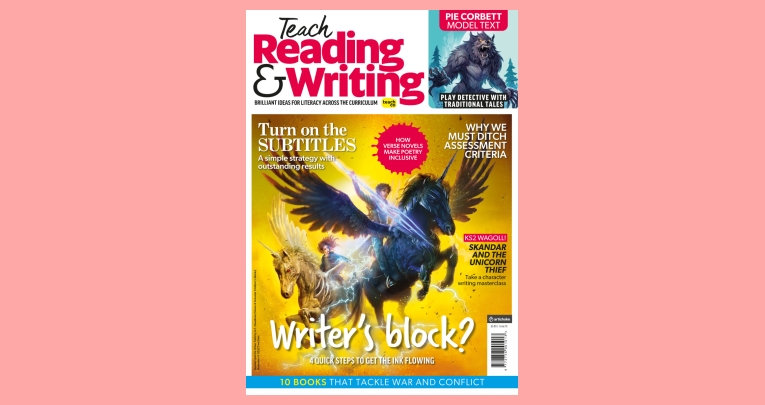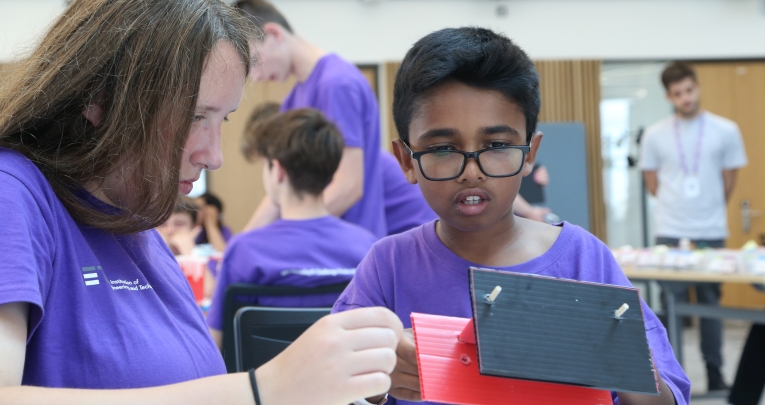Get expert advice on what best practice in these key areas of learning and development look like, plus a host of engaging ideas to try with your children…
When children reach school age and begin their formal education it is essential that they have firm foundations on which to build – particularly when it comes to spoken language, the fine motor skills they will need to learn to write and their readiness to read, as a delay in any one can have long-term implications for their progress throughout their primary years and beyond.
What’s Inside?
This free report focuses on all three areas of development, sharing six ways to add interest to early phonics sessions, tips on boosting communication skills as a means of avoiding issues with poor behaviour, insights into the ‘story scribing’ approach developed by Vivian Gussin Paley, and seven strategies to help prepare children to wield their writing pencils with confidence – and much more besides!
Report Highlights
A quick look at the key themes covered within this report:
- How to help every child engage with mark making












